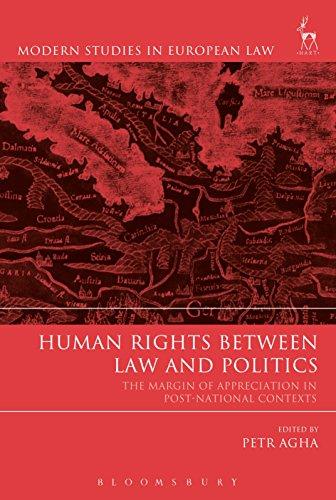Question
Social Media Policies Many companies now have social media policies that limit employee commentary. But, these policies violate the NLRA if they unreasonably limit employee
Social Media Policies
Many companies now have social media policies that limit employee commentary. But, these policies violate the NLRA if they unreasonably limit employee speech about work conditions. Note, however, that to be protected, the employee speech must be "concerted."
Privacy on Social Media
The Stored Communications Act (SCA) prohibits unauthorized access to electronic communications, which includes email, voice mail, and social media. However, an employer has the right to monitor workers' electronic communications if (1) the employee consents; (2) the monitoring occurs in the ordinary course of business, or (3) in the case of email, if the employer provides the computer system. This monitoring may include an employee's social media activities.
Case: Dalton School, Inc. and David Brune
2015 NLRB LEXIS 399, National Labor Relations Board, 2016
Facts: For 12 years, David Brune taught theater and drama at the Dalton School, an elite private school in New York City. Like other Dalton faculty, he worked on a renewable one-year contract.
The school chose Thoroughly Modern Millie as the middle school's annual play and made Brune the production manager. However, a month before the premiere, the school halted the production because some parents were offended by the play's stereotypical depiction of Asians. But then students were upset about not being able to perform. The school ultimately opted to allow a rewritten, sanitized version of the play to go forward. All these changes required significant time and effort from Brune and other members of the theater department, who had to produce the new version in only three days.
Brune and his colleagues were frustrated with the school administration. They felt that the leadership had ignored their concerns, put additional burdens on them without recognizing the extra effort required, and mishandled communication throughout the school community To communicate their distress, Robert Sloan, the chair of the theater department, circulated to his faculty a draft letter that he proposed sending to Ellen Stein, the Head of School. Brune replied with a lengthy, ranting email to the group, proposing that the administration should be told:
We have been grievously wronged and we would like an apology. You lied. Apologize for lying, for not being honest, forthright, upstanding, moral, considerate, much less intelligent or wise.
Without Brune's knowledge, Sloan gave a copy of this email to Stein, and she summoned Brune to a meeting. He denied having called her dishonest or immoral. Five weeks later, Stein met with Brune again. This time, she showed him a copy of his email and he admitted he had written it. She then fired him, effective at the end of the school year. A month later, she told him he had been fired for lying.
Issue: Did Stein violate the NLRA by firing Brune?
Decision: Yes, Dalton committed a violation.
Reasoning: The NLRA provides that "employees shall have the right to engage in concerted activities for the purpose of collective bargaining or other mutual aid or protection." Even the actions of a single employee count as concerted activity if the goal is to enlist the support of fellow workers. Brune's email was clearly intended to do that.
The school argued that Brune was not fired for his email but rather for lying about it. However, Brune would never have lied if Stein had not carried out an improper investigation. He had no obligation to respond truthfully to wrongful questions.
Stein could only have fired Brune if his behavior had been violent or had raised serious issues about his ability to do his job. But that is not the case. He did not engage in a face=-top=-face outburst to management, make malicious or untrue statements, use any obscenities, or threaten management. Here merely complained and demanded an apology. In a prior case, the NLRB held that an employee engaging in concerted activity could not be fired for saying that his supervisor was a "f-g liar." Furthermore, Brune's email went only to a limited number of colleagues, not to students, parents, or the general public. In fact, it was not intended to be seen by management and was not directly available to them.
Dalton must retire Brune and reimburse him for any lost earnings and benefits.
Question: Did Dalton School violate the NLRA by firing Brune?
Answer: Yes. Brune had the right to make the statements he did. He could not be fired for saying what he did.
Question: Was Brune's email protected as concerted activity? If so, why?
Answer: Yes, it was protected. Under the NLRA, employees have the right to confer with one another for the purpose of mutual aid. He wrote an email in response to his Department Chair's proposed letter to management, and in the email, proposed what management should be told. The email was sent to the group of employees in the department, and not to management.
Question: How did management get a hold of Brune's email?
Answer:Brune's Department head gave a copy of the email to Stein, the Head of School.
Question: Were the statements that Brune made violent or otherwise unprotected by the Act?
Answer: No, they were certainly not violent, and no profanity was used. Brune's statements were protected by the Act.
Step by Step Solution
There are 3 Steps involved in it
Step: 1

Get Instant Access to Expert-Tailored Solutions
See step-by-step solutions with expert insights and AI powered tools for academic success
Step: 2

Step: 3

Ace Your Homework with AI
Get the answers you need in no time with our AI-driven, step-by-step assistance
Get Started


